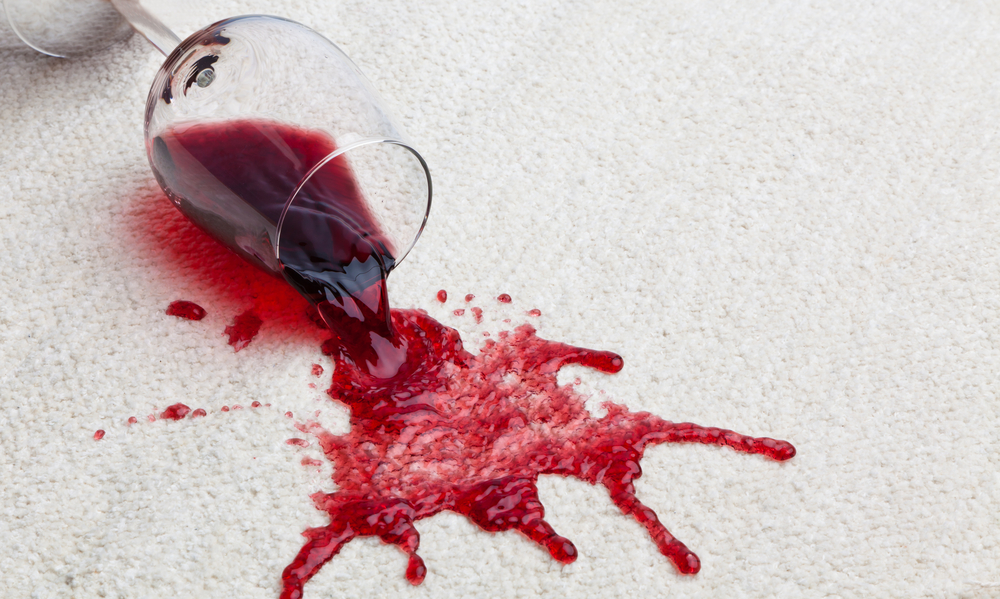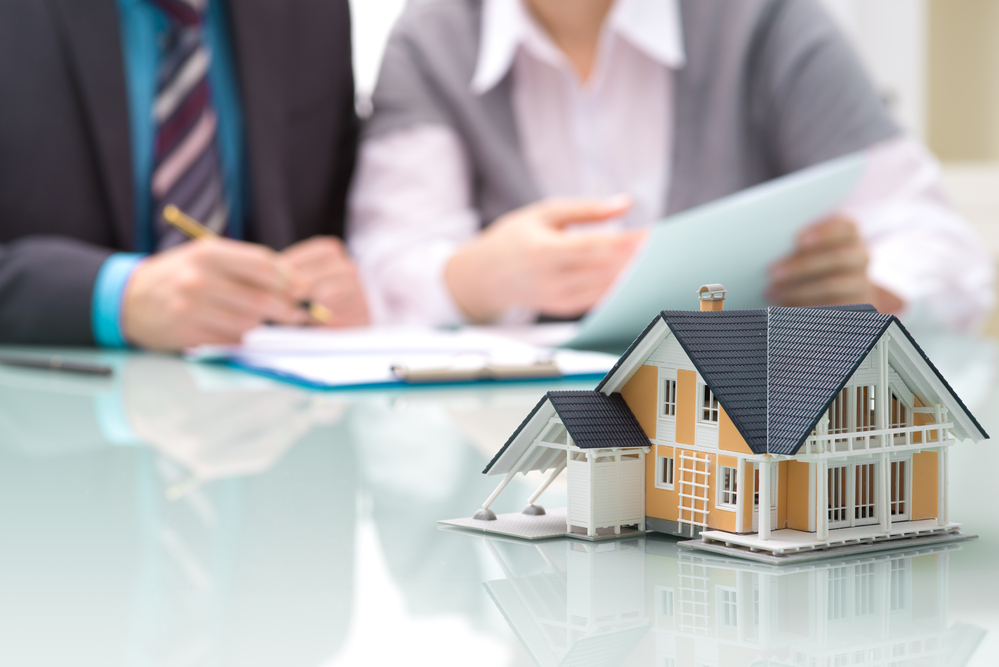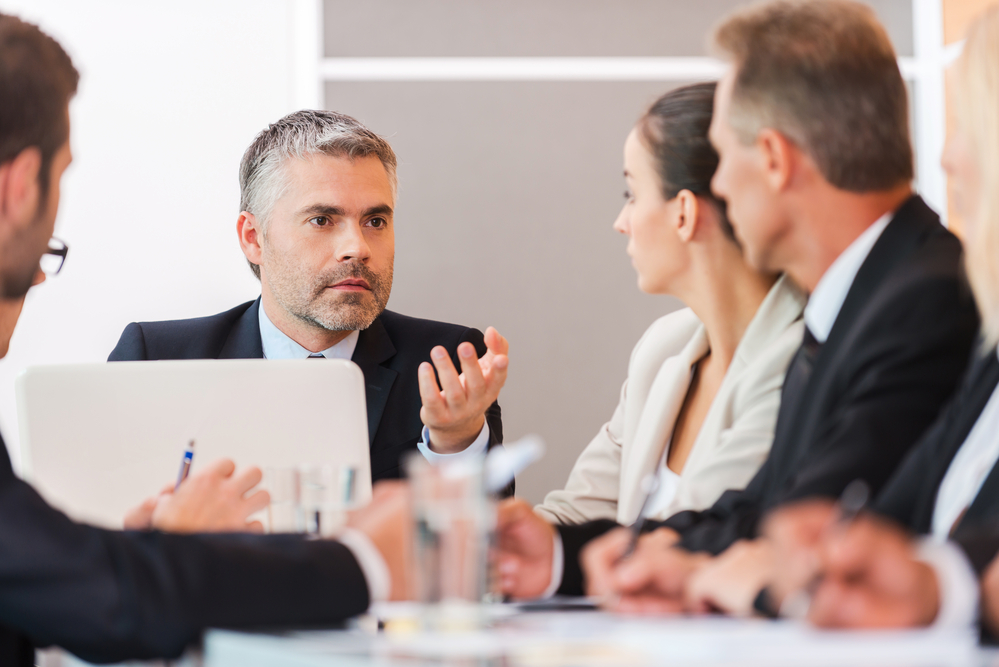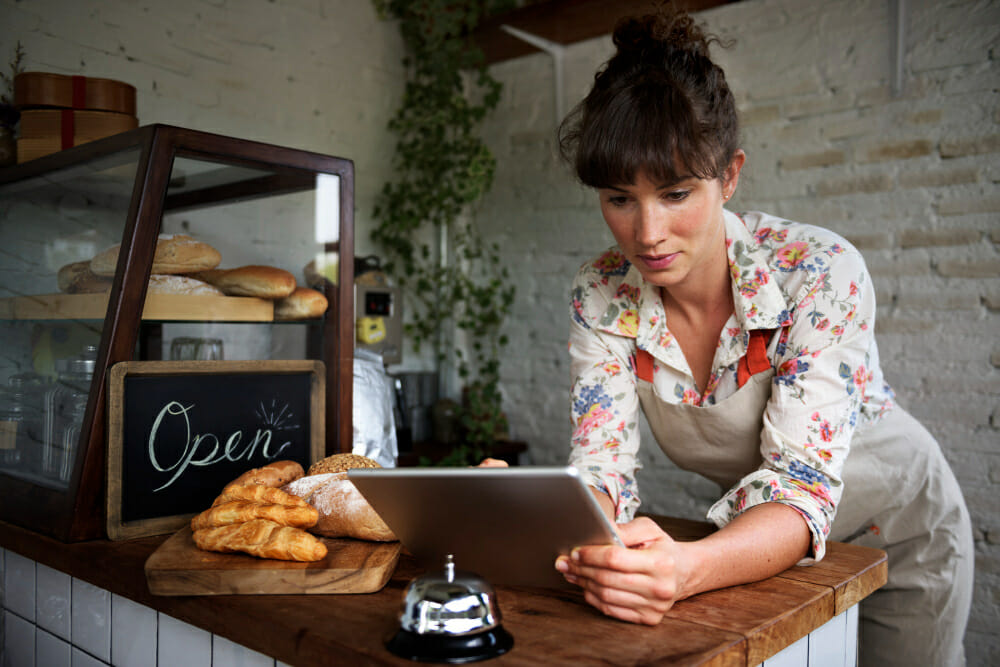Slip and fall incidents can happen to anyone, anywhere. Whether it's a wet floor at a grocery store, a hazardous pathway in a public park, or even a neglected step in a private residence, these accidents can result in severe injuries and have a lasting impact on the victims. In this blog post, we'll explore the concept of liability in slip and fall cases in Indiana, shedding light on the responsibilities of property owners and the steps individuals should take if they find themselves in such situations.
What is Slip and Fall Liability in Indiana?
In slip and fall cases, premises liability laws come into play. Property owners have a legal obligation to maintain safe conditions on their premises and take reasonable measures to prevent accidents. If negligence on their part contributes to a slip and fall incident, they may be held liable for the resulting injuries.
It's important to note that not all accidents automatically make the property owner responsible. Various factors, such as the victim's awareness of the hazard and their actions, will be considered when determining liability.
Here are some examples of slip and fall liability:
- Business: If an individual slips and falls on a wet floor at a store, the store may be held liable if it can be proven that the store was aware of the wet floor and failed to take appropriate measures to warn or prevent accidents. The same thing applies if a customer slips on ice in front of the building. If the business owner was negligent in not salting the walkway or putting up warning signs, they may be held responsible for any injuries.
- Residential property: Homeowners must maintain their properties and keep them free from hazards that could cause accidents to guests or visitors. For example, if someone trips on a broken step leading up to a porch at a friend's house, the homeowner may be held liable for any injuries.
- City or state property: Slip and fall cases can also occur on public property, such as sidewalks, streets, or parks. In this case, the city or state government may be held responsible for maintaining safe conditions and addressing any known hazards.
Duties of Property Owners in Indiana
Under Indiana law, property owners must keep their premises reasonably safe for visitors.
- This includes regular maintenance and repairs, as well as timely responses to potential hazards.
- Additionally, property owners are expected to warn visitors of any known dangers or hazards, such as wet floors, uneven walkways, or broken stairs.
However, it's important to note that property owners are not expected to guarantee the safety of their premises at all times. They are only responsible for addressing hazards they know about or should reasonably be aware of.
Overview of Slip and Fall Cases
Slip and fall incidents can occur due to various factors such as wet or slippery surfaces, uneven flooring, inadequate lighting, or hazardous obstacles. These accidents can lead to a range of injuries, from minor bruises to fractures, head injuries, or even spinal cord damage.
Understanding the potential risks and consequences is crucial for everyone, whether you're a business owner providing a safe environment for your customers or an individual navigating public spaces.
Slip and Fall Statistics in Indiana
According to the Indiana State Department of Health, falls are the leading cause of traumatic brain injuries, with adults aged 65 and older being the most affected demographic. Furthermore, data from the (Centers for Disease Control and Prevention (CDC ) highlights that each year, one out of four older adults reports a fall, many of which result in serious injuries.
In 2018 alone, Indiana hospitals reported over 8,700 hospital admissions due to falls, underlining the significant impact of these incidents on public health and safety in the state.
Steps to Reduce Slip and Fall Claims
To minimize the likelihood of accidents and subsequent claims, property owners can take proactive steps. Regular inspections of the premises to identify and rectify potential hazards such as:
- Loose floorboards, wet surfaces, or poorly lit areas are crucial.
- Clearing pathways of clutter, promptly cleaning up spills,
- Ensuring adequate lighting can go a long way in preventing slip and fall incidents.
- Cautionary signs should be displayed when cleanup is underway or if a hazard cannot be immediately addressed.
- Property owners should maintain a written record of their safety protocols and inspections as this could serve as crucial evidence if they are faced with a claim.
- Maintaining a safe environment is not only a legal responsibility but also a key part of fostering trust with visitors and patrons.
Prevention and Steps to Take After a Fall
While accidents can happen, taking preventive measures and following the right steps after a slip and fall incident is crucial. Here are some important tips to consider:
- Immediate Reporting: Report the incident to the property owner, manager, or supervisor as soon as possible. This creates an official record and ensures that the incident is documented.
- Documenting the Scene and Injuries: Take photographs of the accident scene, including any hazards or contributing factors. Additionally, document your injuries, and seek medical attention promptly.
- Seeking Medical Attention: Even if your injuries seem minor, it's important to get a medical evaluation. Some injuries may not show immediate symptoms but can have long-term effects.
- Consulting with a Personal Injury Lawyer: If you believe that negligence played a role in your slip and fall incident, it's advisable to consult with a personal injury lawyer. They can review your case, provide legal advice, and help you understand your rights.
- Understanding Premises Liability Laws: Familiarize yourself with the premises liability laws in Indiana. Understanding your rights and the responsibilities of property owners can help you navigate the legal process more effectively.
Seeking Legal Help
If you are a business owner and had a customer experience a fall on your premises, you will need a slip and fall lawyer to help you. Or, if you have been injured in a slip and fall accident due to the negligence of a property owner, it's important to seek legal help from a qualified attorney.
An experienced personal injury lawyer can help you understand your rights and guide you through the process of seeking compensation for your injuries. They will also investigate the incident and gather evidence to support your claim.
Conclusion
Preventing slip and fall incidents should be a shared responsibility between property owners, businesses, and individuals. By understanding liability in slip and fall cases, we can create safer environments for everyone. Whether you're a business owner striving to maintain a hazard-free space or an individual navigating public areas, awareness and adherence to safety measures are paramount.
If you find yourself in a slip and fall incident, take the necessary steps to protect your rights. Seek medical attention, report the incident, gather evidence, and consult with a personal injury lawyer.






